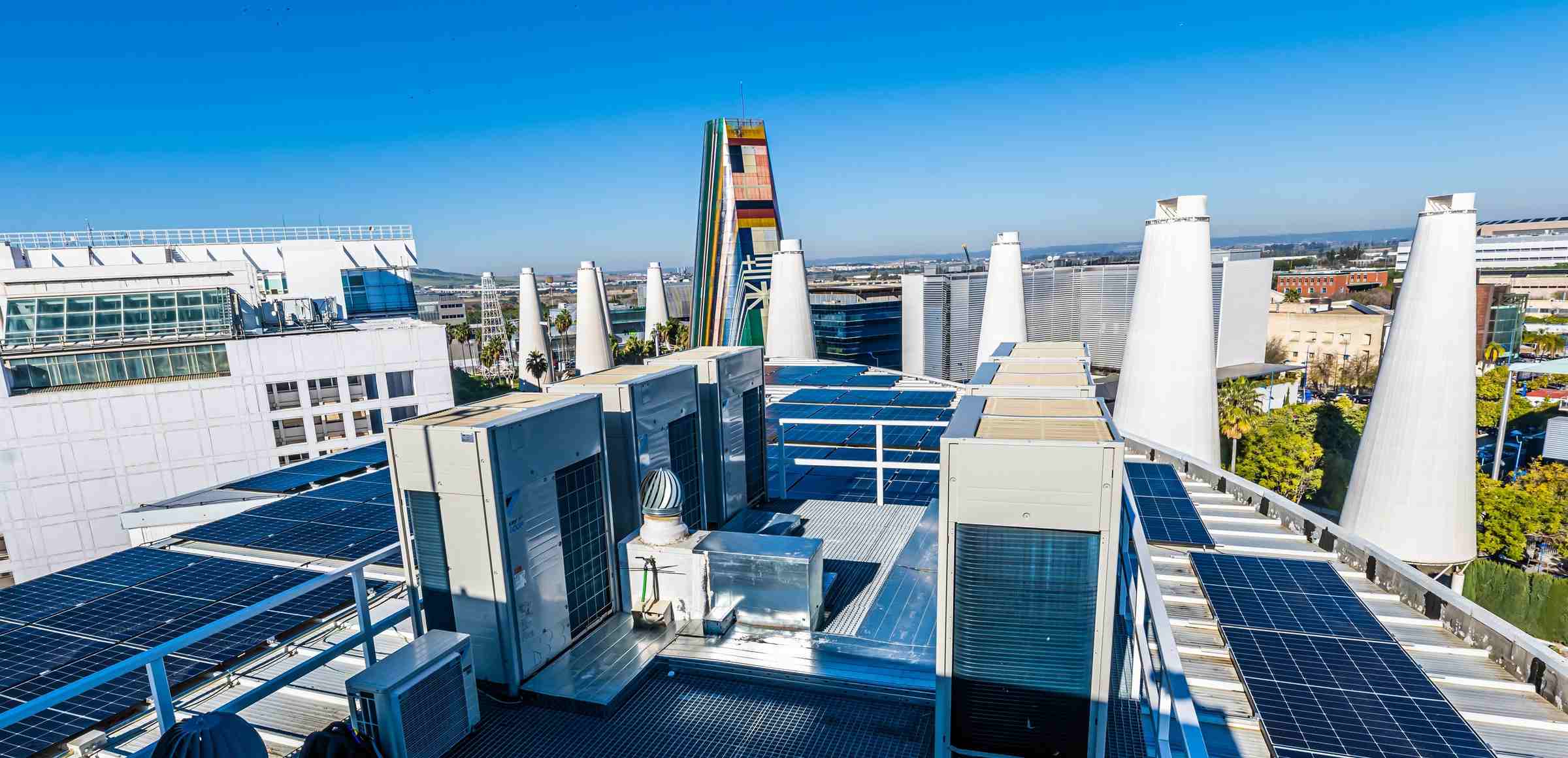
Always see it in English
Always see it in English
Spain promotes "the economic, social and business progress" of its cities by means of the Spanish Network of Smart Cities (RECI).
Malaga, Madrid, Barcelona, Santander or Seville are some of the 65 cities that are part of this pred that aims to use the latest technologies to improve its citizens' quality of life, as well as the safety, efficiency and sustainability of the environment,through less polluting mobility in the city of the future.
The capital city's commitment is to foster sustainable mobility and transport with the environment. This field is developed by the MiNT platform by IBM and INSA, where they promote the areas of economy, finance and public administration as well as environment and mobility. In this project, the people of Madrid come together to make your city one of the best Smart Cities in the world.
Through this mobile app, citizens instantly expose and notify the city council of incidents and problems that exist in Madrid. A picture and location are enough for the administration to give you a solution.
Barcelona wants to become the perfect model of a Smart City. The objectives of the city of Barcelona are lighting, mobility and the environment. It also has the collaboration of citizens who support and participate in the projects promoted by the public administrations.
In celebration of the Smart City World Congress from November 13 to 15, Barcelona presents Smart City Week, a combination of more than 50 activities distributed by the whole city so that citizens and visitors interact with the ICT of the city.
“Madrid and Barcelona compete to become a benchmark when it comes to applying technology for the benefit of their citizens.”
"Smart City Malaga" is the initiative that drives the Costa del Sol city with the support of Endesa. It began in 2009 and since then Malaga has not stopped growing and has become one of the best and most important smart cities in Spain, becoming the first smartest city in the country, according to the IDC Smart Cities report.
The sustainability of the environment and energy efficiency are the main objectives of Malaga as a Smart City. Thanks to its initiatives, the Andalusian city has reduced pollution and has improved the management of public services.
Mobility also matters to Santander. It is positioned as one of the smartest cities in Spain and its most state-of-the-art project has come to Tel Aviv, London and neighbouring Barcelona. A series of sensors allow citizens to save time when they set up their vehicle.
The port area is the first to implement this system that alerts the drivers of free parking spaces and also incorporates intelligent irrigation systems, light control and augmented reality.
Spanish Smart Cities, the cities of the future:
1. Madrid: installation of one of the first public 5G network nodes in the world in Villaverde.
2. Barcelona: more than 19,500 sensors monitoring parking, rubbish collection and public lighting.
3. Málaga: savings of more than 25% on electricity consumption and a 20% decrease in CO2 emissions thanks to the Living Lab on the ENol network.
4. Santander: replacement of 23,000 light sources with LED technology, saving 80% on electricity consumption.
5. Valencia: more than 300,000 controlled geostationary points that give up-to-the-minute information in all areas of the city.
6. A Coruña: integrated water cycle management systems and transport systems.
7. Bilbao: its objective for 2020 is to reduce greenhouse gas emissions by 20% compared to 2005.
8. Seville: using technology to offer intelligent services to tourists.
Valencia is following Madrid's footsteps, and through the VLCi app, Valencian people can communicate with their administrations in real time. You can also carry out official paperwork by saving time and money. The latest data indicates that Turia city has saved 140,000 euros in management. The city's entrepreneurs can access the platform database and propose improvements for the Valencian capital.
Unlike the other Spanish Smart Cities, Valencia promotes methods to end urban noise and has environmental sensors installed in public transport.
The Ministry of Economy and the Municipal administration have earmarked a budget of 11.5 million euros to develop their projects.
“Coruña Smart City” focuses on the sustainability of the environment, accessibility and efficiency to improve its citizens’ quality of life.
Communication between citizens and public institutions is what Bilbao is looking for as a Smart City. It focuses on the transparency of public activities and municipal management, to achieve economic sustainability and make an affordable city for all who live there.
Bilbao is one of the members of the European project WeLive in which the governments of the different cities intend to have a more transparent organization and be at the service of their citizens.
The Andalusian capital opts for mobility and stops traffic jams in its streets. To do this, it has improved the city's public transport network and encourages Sevillians to make use of it.
The implementation of cameras at traffic lights for counting vehicles, sensors to optimize garbage collection or the maintenance of public sources, are some of the technologies that Seville is adapting.
“The benefits of providing intelligence to the cities are multiple: less pollution, fewer jams and more neighbour control over city hall.”





